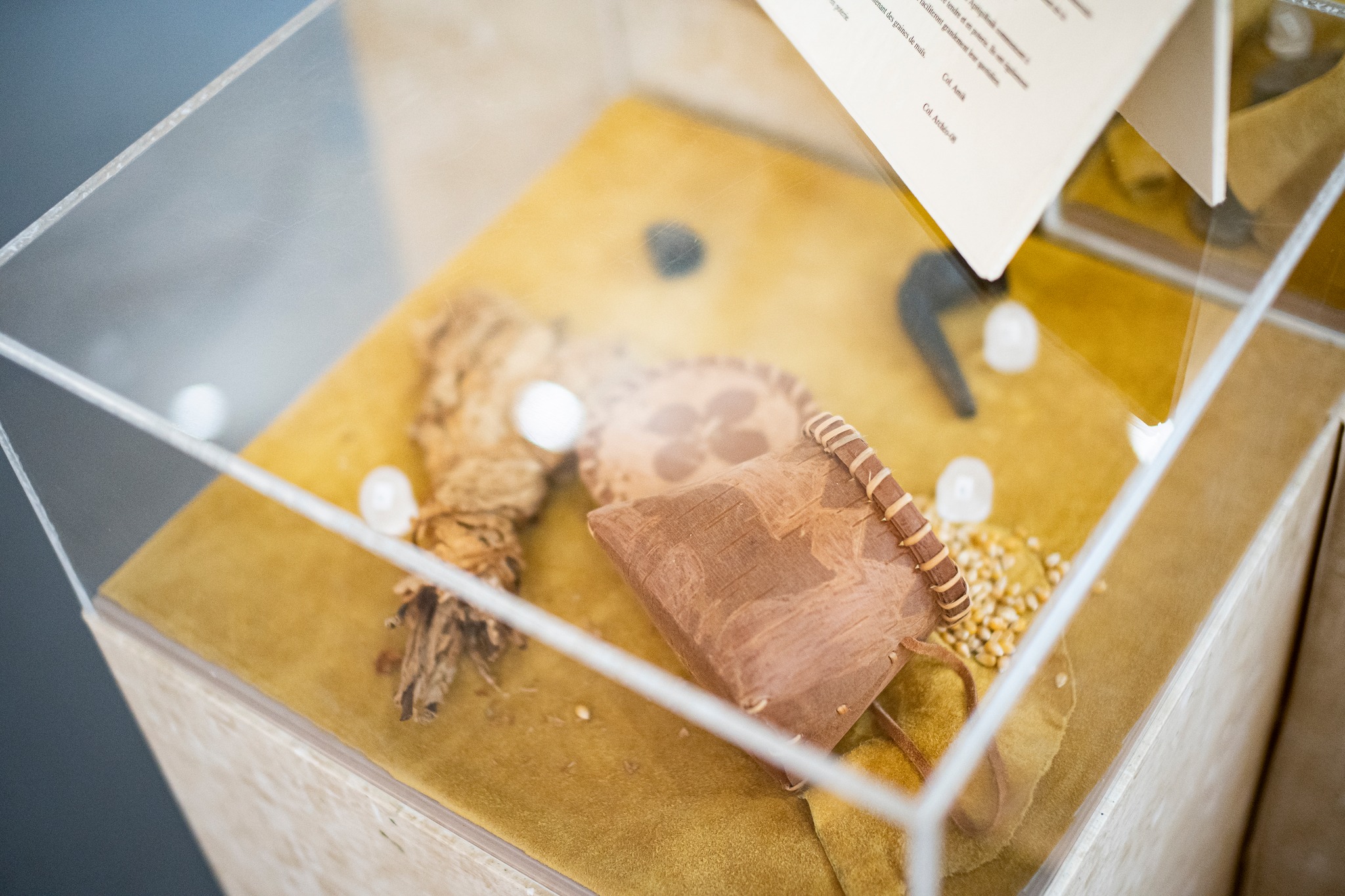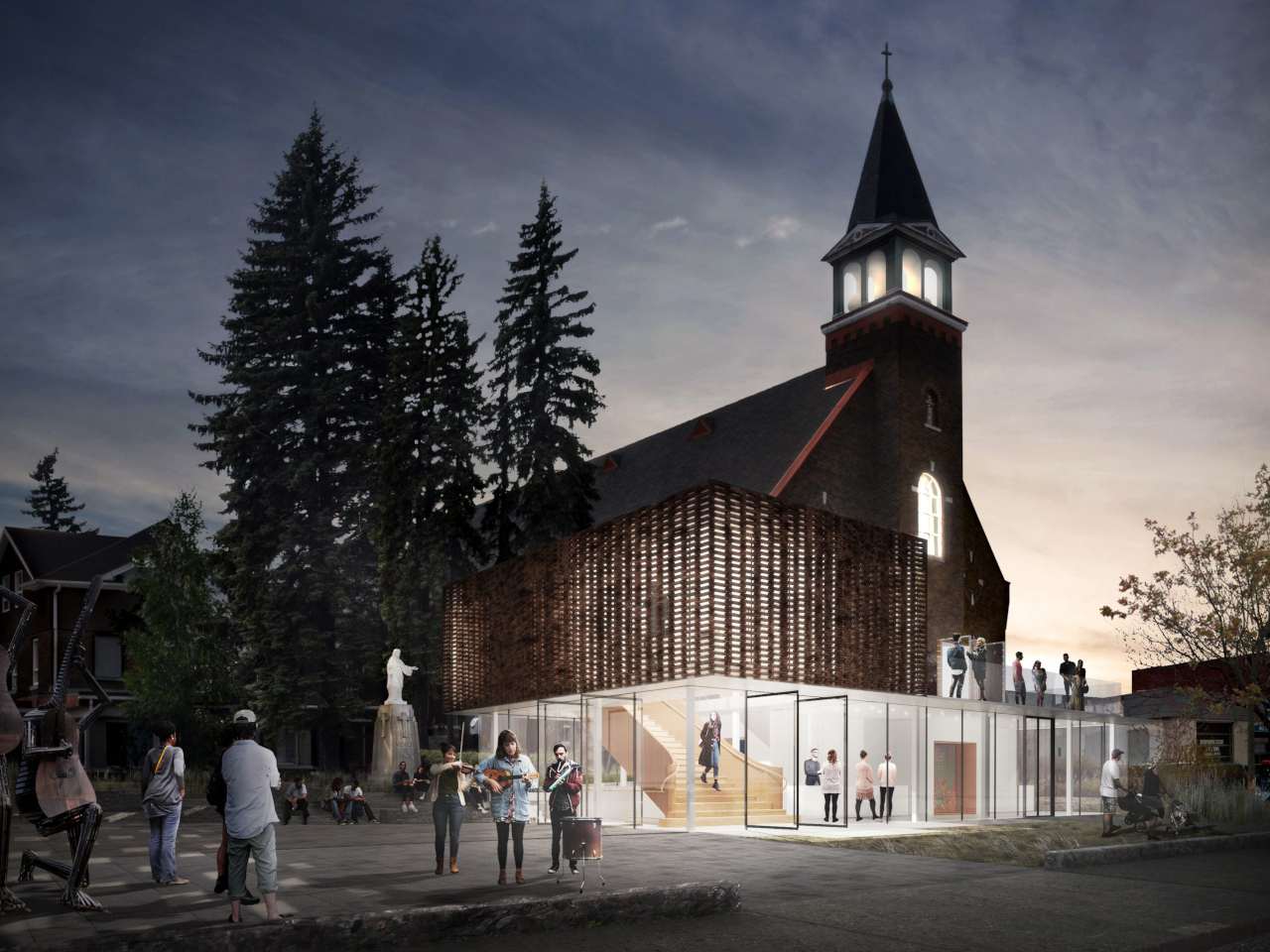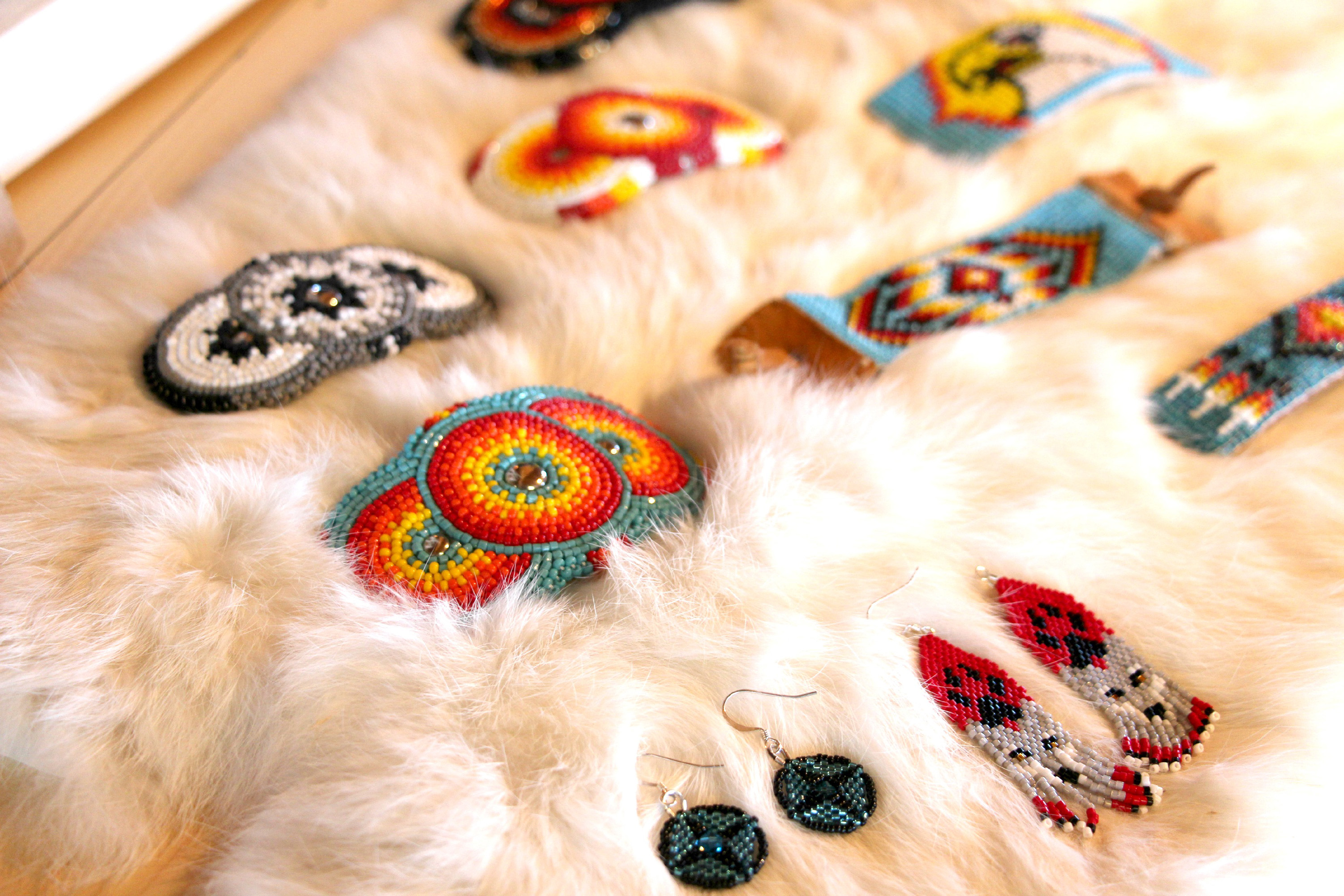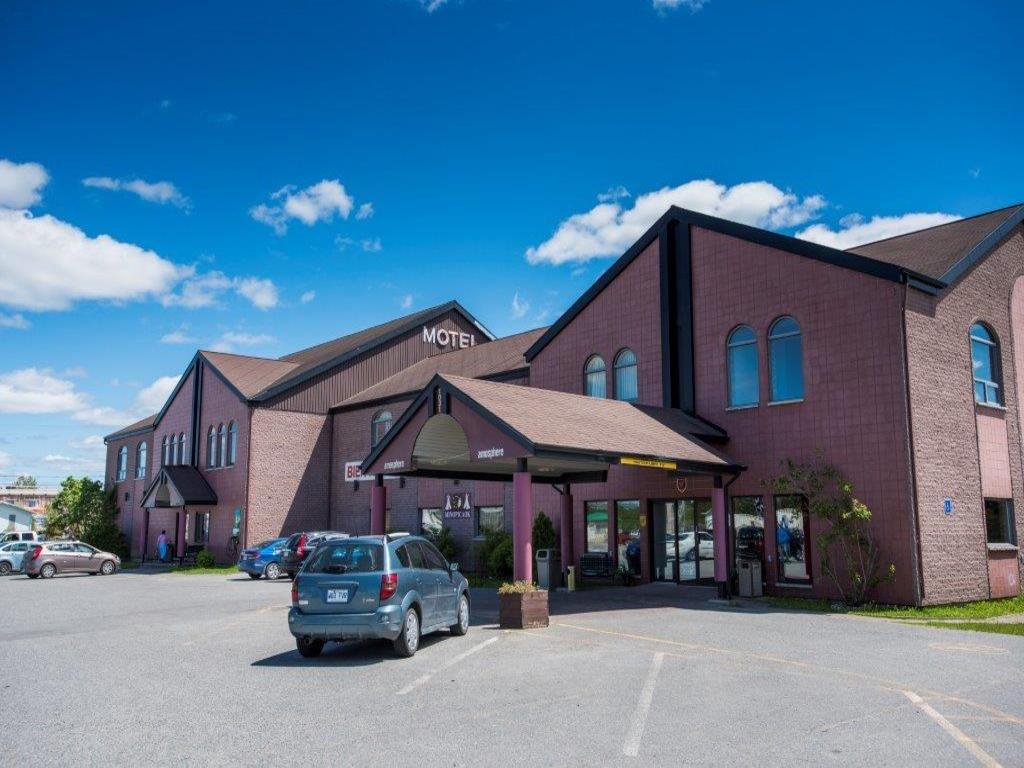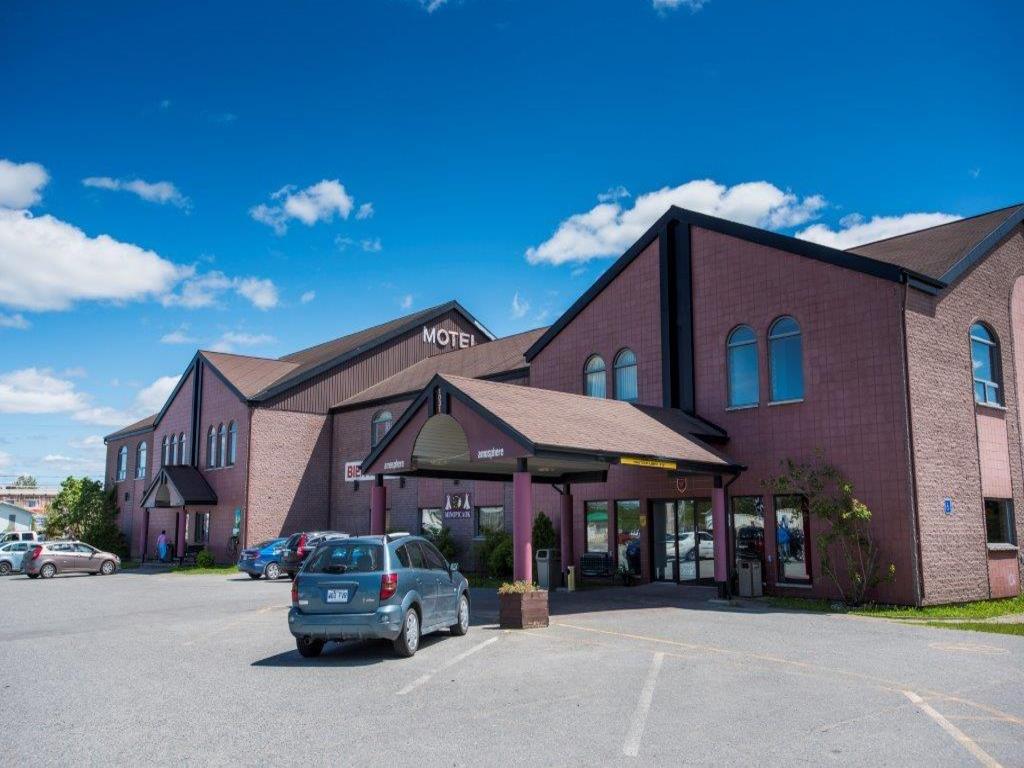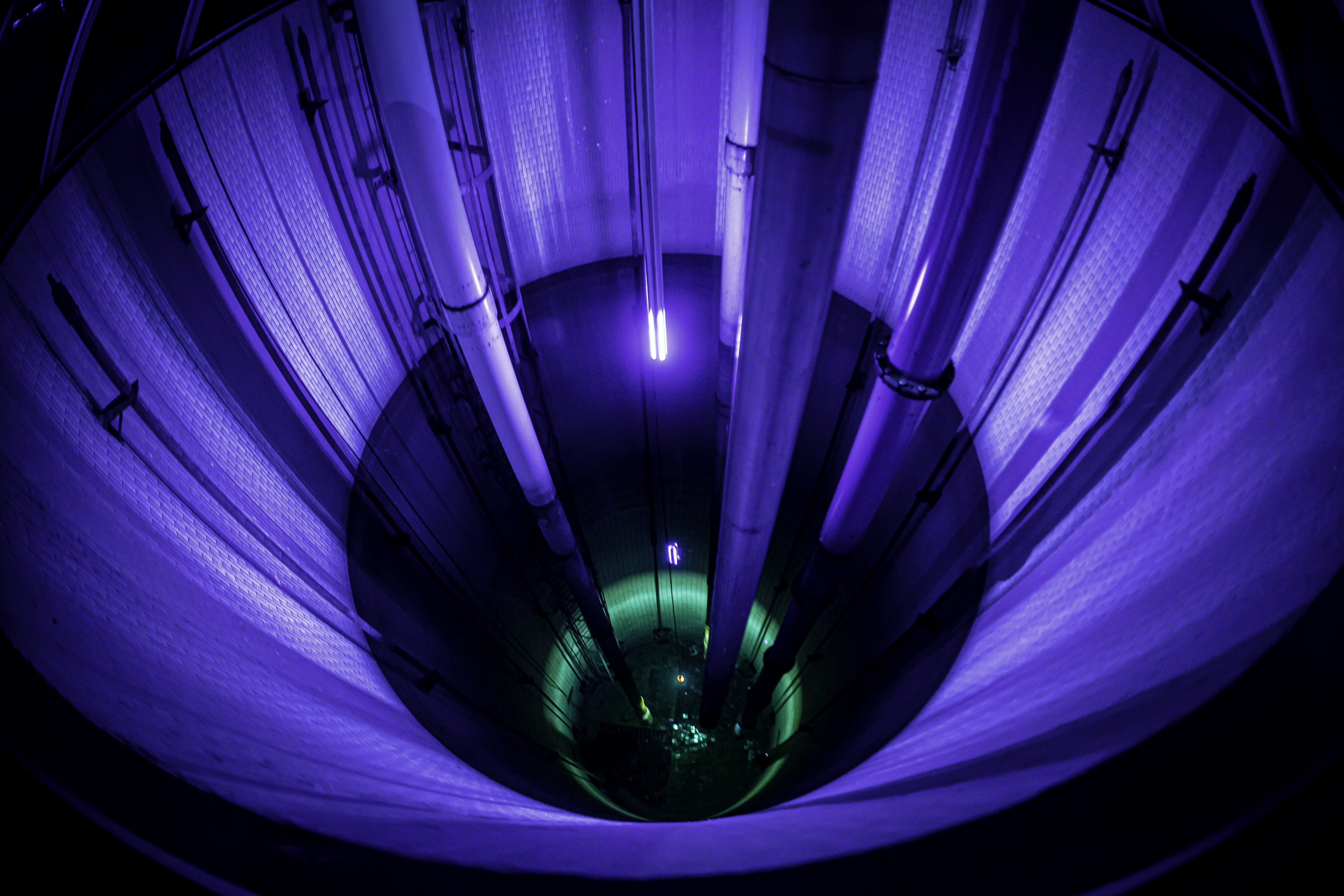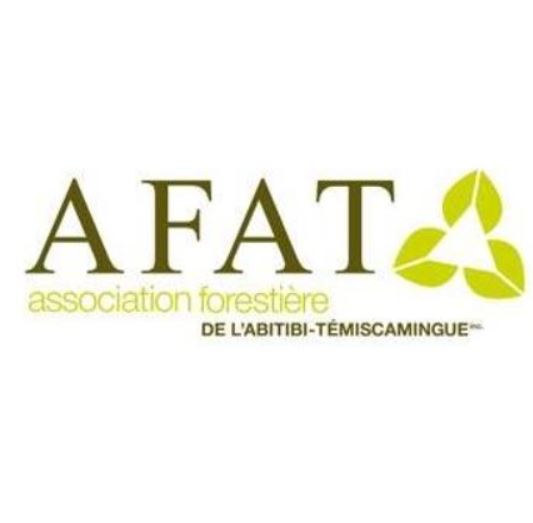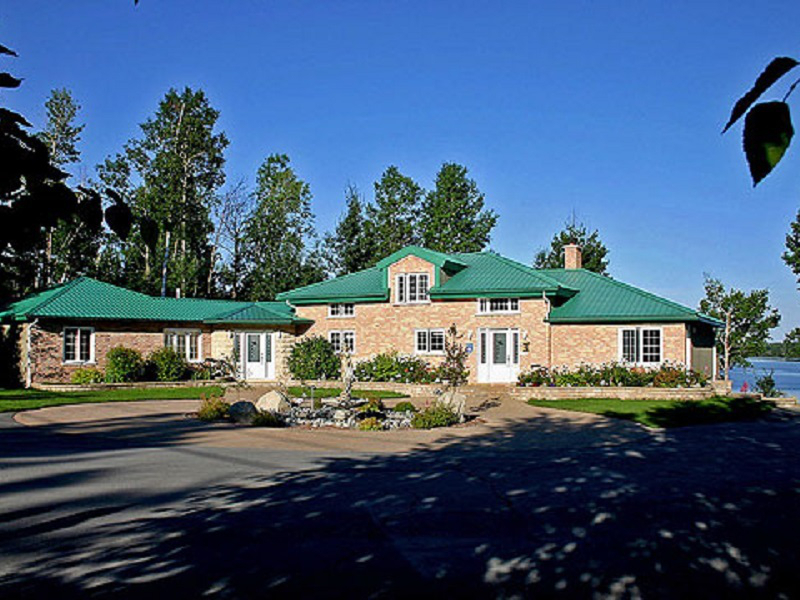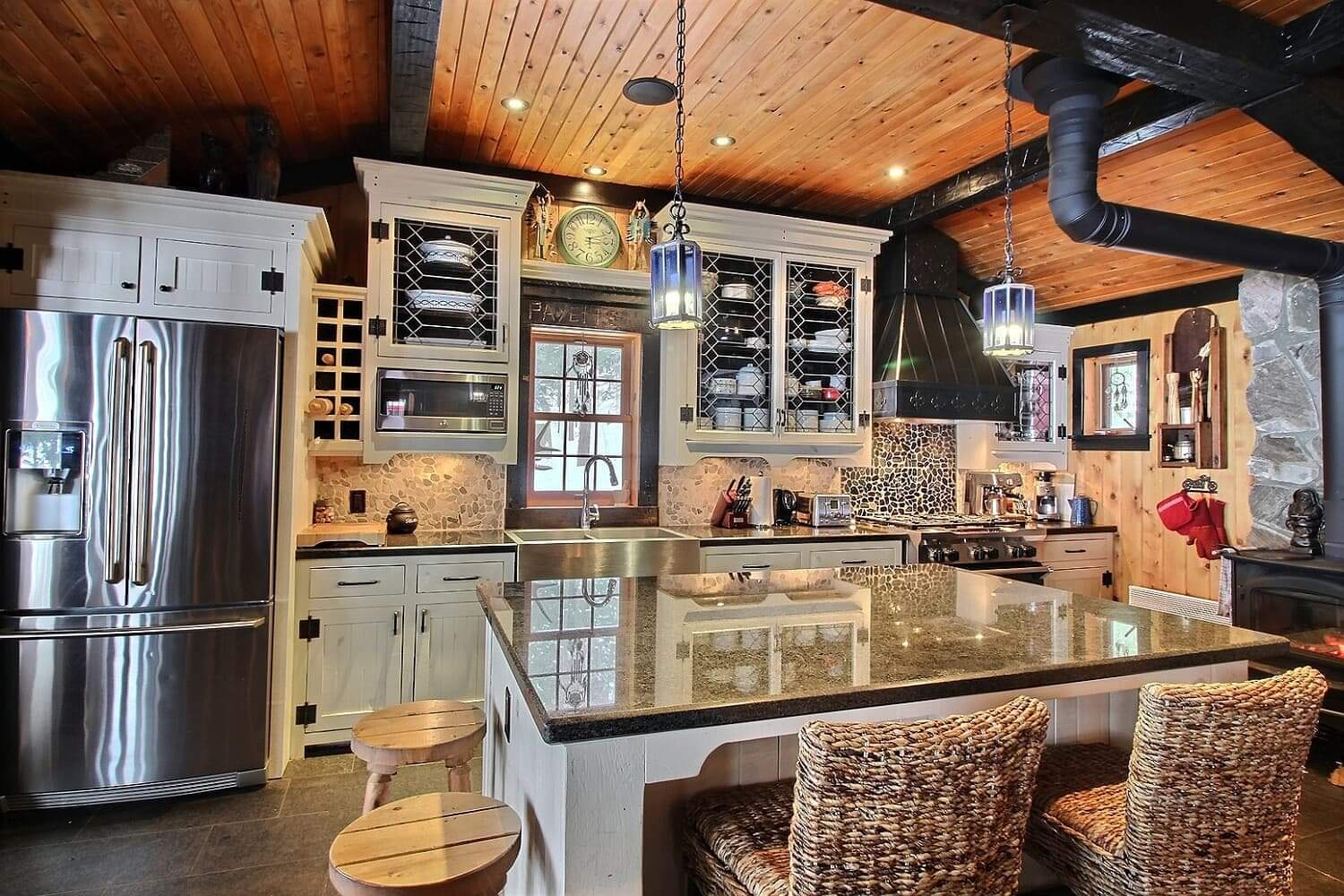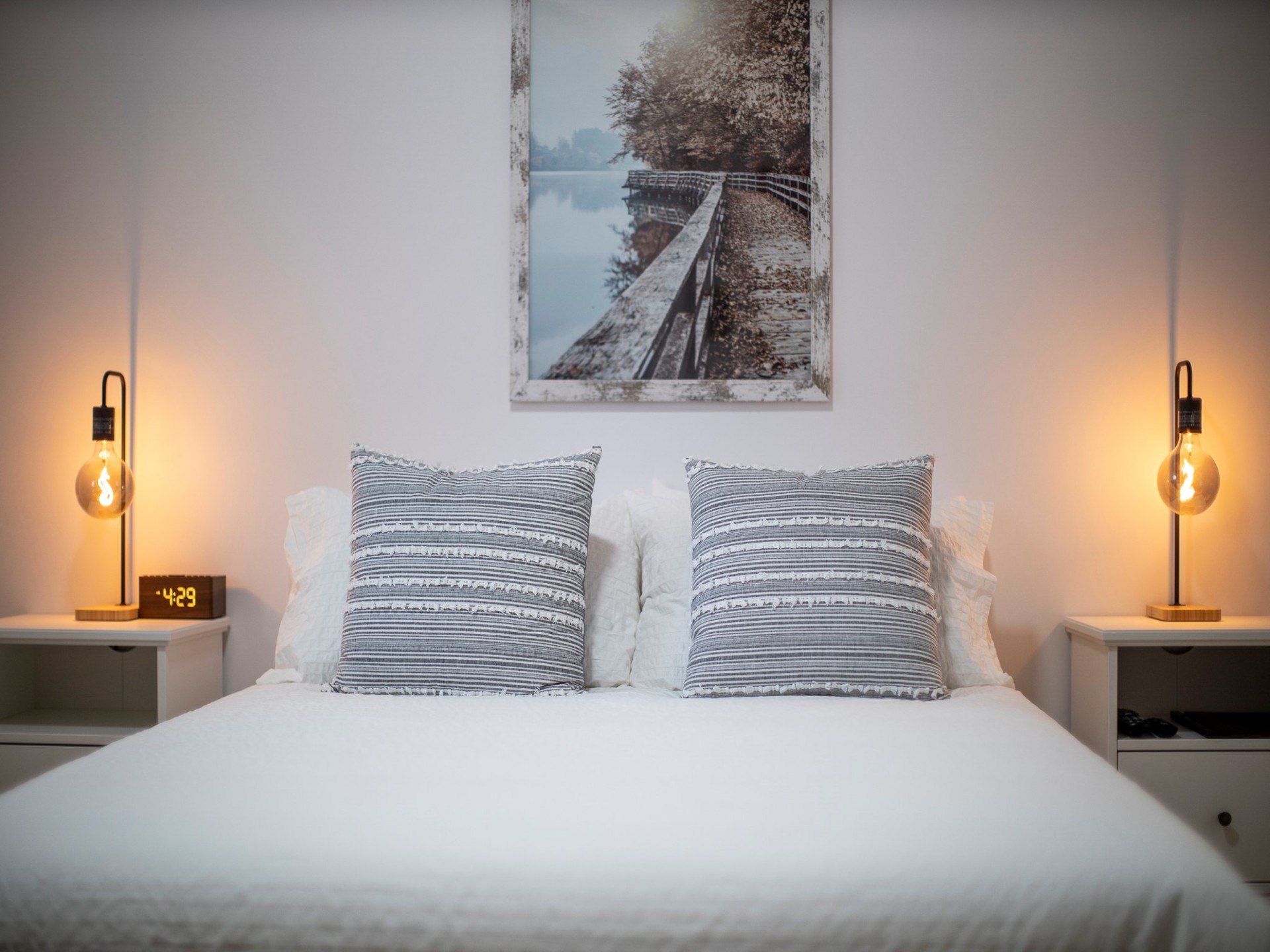As soon as we step out of the vehicle, after having crossed part of the picturesque village of Laverlochère where Ferme du centaure is located, two cats run up to us and quickly request their daily dose of petting. They are soon joined by Orphée, the site’s owner, who welcomes us with a smile on her face, ready to tell us about the history of her business and to share her contagious passion for horses and horseback riding.
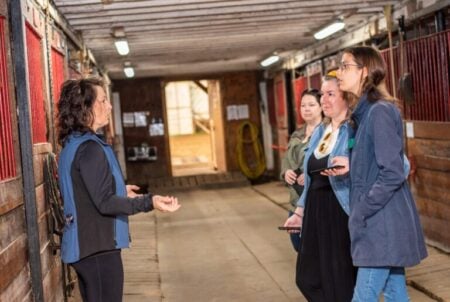
On this former dairy farm purchased in 1994 and slowly turned into a stable through work and determination (and always careful to use local resources), Orphée has been breeding Canadian horses and offering horseback riding classes since the beginning of the 2000s. If today she only offers classes to people who have their own horses, she remains more than happy to welcome, on reservation, anyone who wants to discover the site and increase their knowledge of horses and their breeding.
While she guides us through the installations, Orphée speaks with admiration of the Canadian horse, describing its qualities and the reasons why she made it the centrepiece of her breeding activities. Tenacious, fast, resistant, an integral part of our national history, this horse possesses unique qualities that, according to her, deserve to be better known.
In the interior riding area, where the classes are given and the horses can exercise all year round, we find Pacane, the third cat, rolled into a ball on a camping chair. Orphée tell us, with a smile on her face, that Pacane, even if independent and master of the decision of getting petted or not, sometimes rides with her and is particularly talented at calming the children who could be afraid of riding a horse, who can take the cat into their arms and relax a little while staying on the horse.
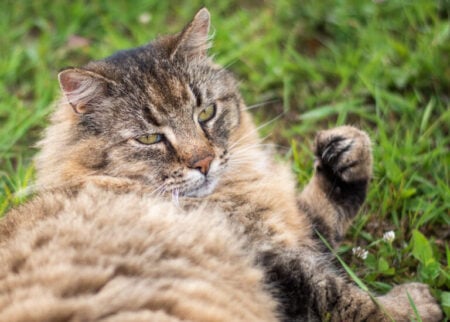
Depending on the composition of the group she welcomes, Orphée adapts her offering. If children are present, for example, it will be possible to take out a pony so that they can have direct contact with the animal and a richer experience. In all cases, it will be possible to see her work with Lascaux, a white horse with whom she obviously has a special connection. While she makes him do ground work in the riding area, Orphée talks to us about the psychology of the horse and of the importance of understanding their vision of the world: “In short, humans are predators and horses are preys, so, by default, 99% of the reflexes that we will have toward the horse will not be appropriate. Horse-riding, is against the horse’s nature, it must unlearn, we must instruct it, teach it a new language. To do that, we want to avoid causing it to fall back on its defence mechanisms and work logically so that it understands. Briefly, we need to be a little more of a prey, a little more like a horse.” This willingness to understand the animal and to respect its deep nature transpires in the entirety of Orphée’s approach, who guides Lascaux with grace and just enough authority when he refuses to listen and prefers to try to chew a few blades of grass. He doesn’t seem to resent her as he ends the demonstration by pressing his head against the chest of his trainer, who encourages him softly.
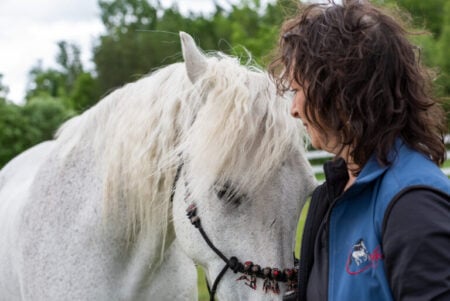
No matter your level of interest in the world of horseback riding, visiting Ferme du centaure is a guaranteed memorable and warm meeting with a real horse lover, whose immense knowledge can impress and feed engaging conversations.
Ferme du Centaure
875, 1er et 2e rang de Baby, Laverlochère
[email protected]
819 290-4229
Photos credit : Steve Bray



